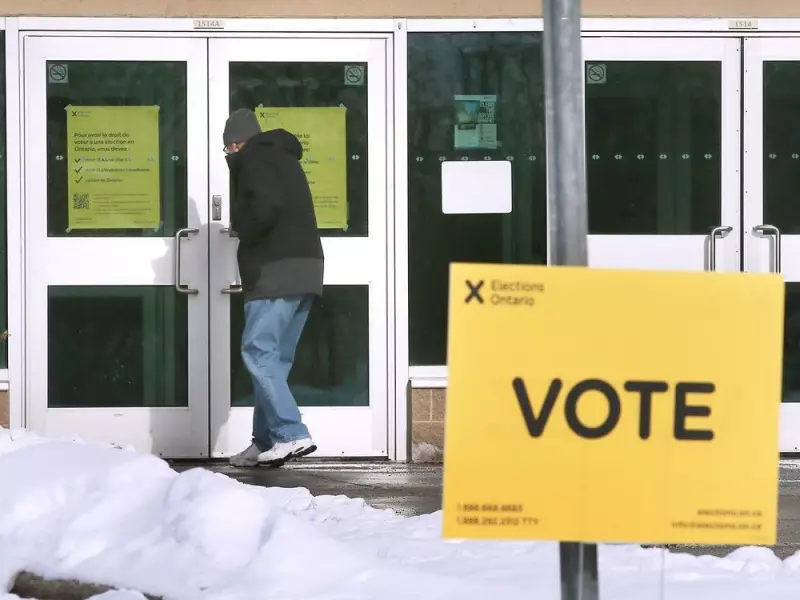
Canada's journey with fixed election dates has been anything but stable. What was intended to create predictability and fairness in our democratic process has instead become a source of political gamesmanship and confusion.
The Broken Promise of Election Certainty
When fixed election dates were introduced, proponents argued they would eliminate the advantage of governing parties who could call elections at their most politically opportune moments. The theory sounded solid: set the date in stone and let all parties plan accordingly. However, the reality has been far different.
Recent years have shown that fixed dates haven't prevented political maneuvering. Minority governments still face constant threats of non-confidence votes, and the fixed calendar has created more uncertainty rather than less. The supposed stability has proven illusory.
Why Our Parliamentary System Resists Rigidity
Canada's Westminster-style parliamentary system was never designed for rigid election scheduling. The fundamental principle of our democracy is that a government must maintain the confidence of the House of Commons. Fixed election dates conflict with this core tenet, creating constitutional tensions and practical problems.
When a government loses confidence between fixed election dates, the system creates confusion about timing and legitimacy. This undermines rather than strengthens our democratic foundations.
The Case for Flexible Election Timing
Returning to a system where election timing responds to actual parliamentary conditions offers several advantages:
- Constitutional Compatibility: Flexible timing aligns with our parliamentary system's requirement for governments to maintain confidence
- Political Accountability: Governments can't hide behind fixed dates when they've lost their mandate
- Practical Governance: Elections can be called when issues are ripe for public decision rather than according to an arbitrary calendar
Learning from Our Experiment
Canada's experience with fixed election dates serves as a valuable lesson in constitutional reform. Sometimes, well-intentioned changes can have unintended consequences that undermine the very principles they were meant to protect.
The flexibility of our traditional system, while sometimes messy, actually serves democratic accountability better than artificial rigidity. It's time to acknowledge that this experiment hasn't delivered on its promises and consider returning to an approach that better suits our parliamentary traditions.
As Canadians continue to debate the future of our democratic institutions, the lesson from fixed election dates is clear: sometimes, the old ways work better than we remember.






